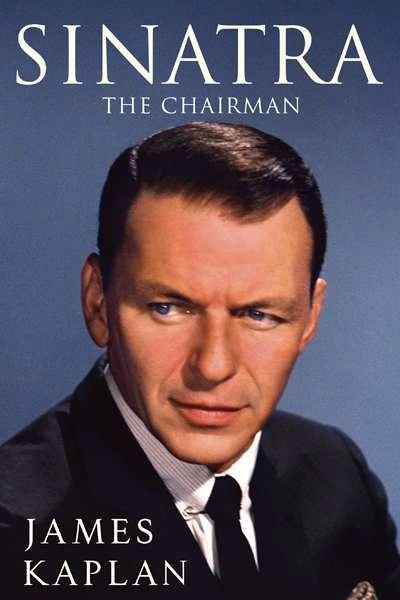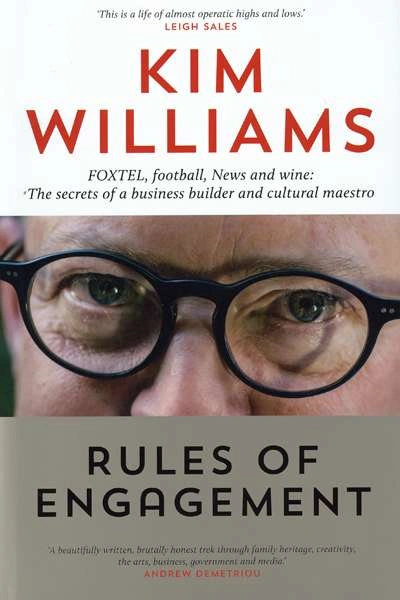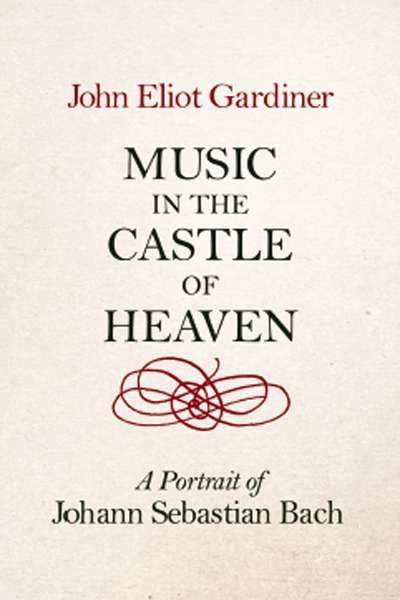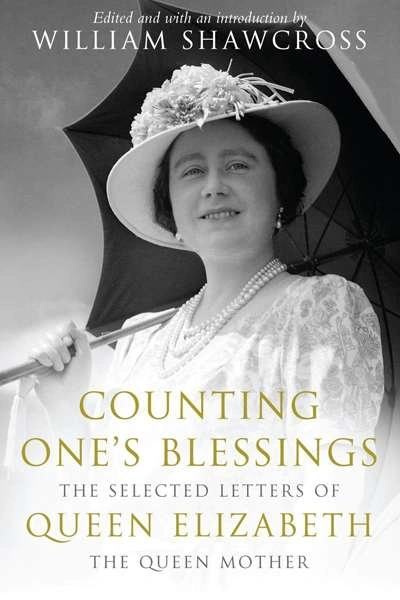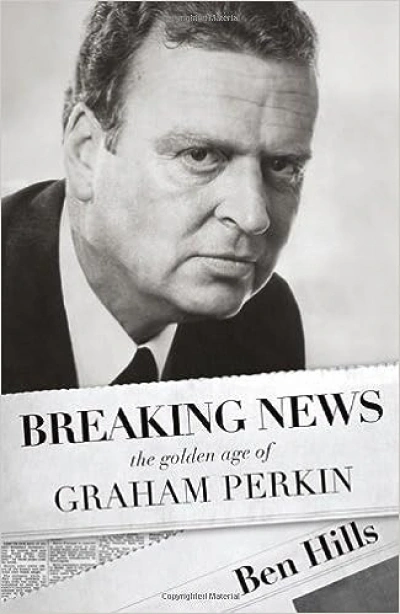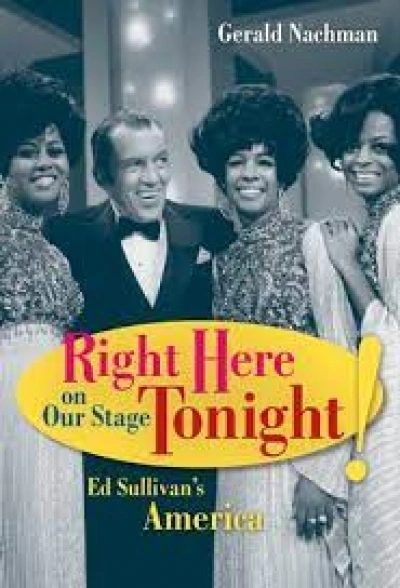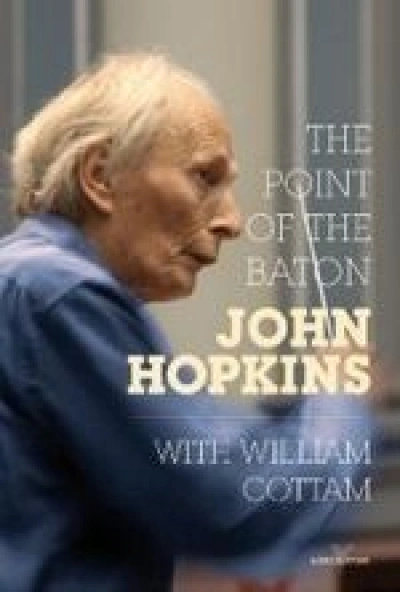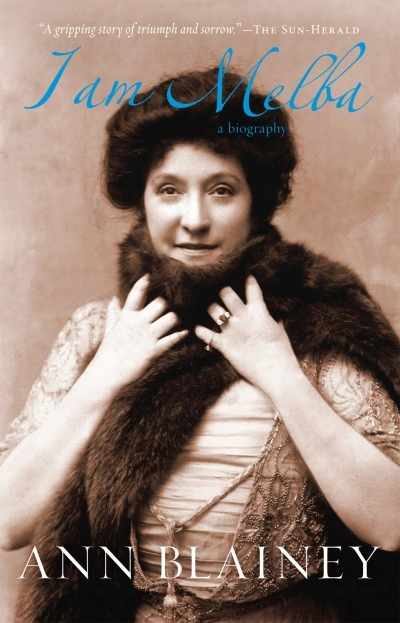Michael Shmith
In the early 1990s, after Leo Schofield was – not without controversy – appointed the artistic director of the Melbourne Festival, Clive James referred to our own emerging cultural tsar as 'Australia's Diaghilev'. Which, I guess, retrospectively makes Sergei Pavlovich Russia's Schofield.
There is an element of truth in James's witticism, especially these ...
To highlight Australian Book Review's arts coverage and to celebrate some of the year's memorable concerts, operas, films, ballets, plays, and exhibitions, we invited a group of critics and arts professionals to nominate their favourites – and to nominate one production they are looking forward to in 2016. (We indicate which works were reviewed in Arts Up ...

